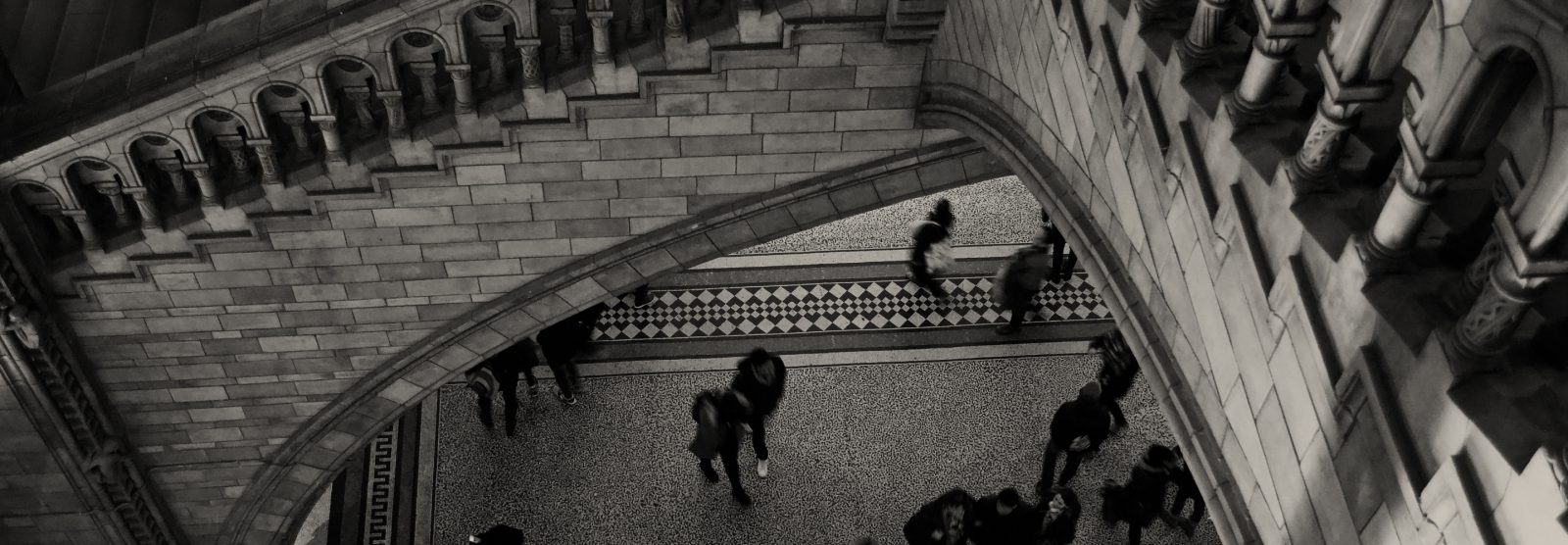Serving City Time
A new book doubles as a detailed chronicle of, and guidebook to, surviving incarceration on New York’s Rikers Island.

TOPICS
176 posts in ‘Institutions & Practices’
A new book doubles as a detailed chronicle of, and guidebook to, surviving incarceration on New York’s Rikers Island.
At a far-flung prison in Virginia, conditions are so inhumane that those imprisoned there are setting themselves ablaze in protest—and to assert their humanity.
The Trump administration will assail our movement. That doesn’t change the fact that it looks backward while we look forward.
Abstinence-only drug treatment doesn’t work. For people in prison, where drugs flow freely, such programs simply place them at greater risk of relapse.
An incarcerated researcher explores how childhood trauma often shapes the lives of those in prison.
Defense lawyers should be open to advising their clients about systemic oppression, laying bare the ways that mass incarceration ensnares.
The routinized violence of prison strip searches robs incarcerated men of their health, sexuality, and so much more.
The United States has long treated street and corporate wrongdoing differently. Looking beyond this dichotomy can help us end mass incarceration.
A decade of victimization landed a Harlem kid in prison. More than three decades later, he has not allowed prison to define his life story.
Many women escaping violence in their home countries find themselves trapped in the formal violence of the asylum system.
A second Trump presidency may render police accountability elusive. But, as before, people and communities can and will fight back.
Sex offender–specific treatment can leave you feeling humiliated. Or it can ground you, help you grow, and remind you of your worth.
Your right against self-incrimination is not safe in a criminal system that cares more about coercing convictions than about finding the truth.
Placing criminal system tools in health-care providers’ hands causes irreparable damage to patient care and public trust.
California is discovering the hard way that you can’t leave decarceral reforms in the hands of prison officials.
'Excited delirium syndrome' is a tool the state invented to evade accountability whenever people of color die at the hands of police.
Electing progressive sheriffs only goes so far toward curbing the structural forces that sustain mass incarceration.
The push by Atlanta and other cities to build large police training facilities follows on a long history of armories as both symbols and manifestations of the state’s power.
An incarcerated writer and advocate in California implores: “Don’t waste my time trying to make it more comfortable for me in here.”
I kept my promise to break bread with my friend Dobie one last time, right before the state of Louisiana put him to death.
Credit scoring is control by another name. It keeps marginalized people from the means of survival and exposes them to punishment.
Ten years ago, the killing of Michael Brown exposed a system that extracts what little wealth marginalized people have. That system is still here.
The Democratic National Convention will be a testing ground for whether progressive politics can meet political dissent without carceral violence.
In their fight to get ShotSpotter out of Chicago, organizers have emphasized the ways that for-profit technology can never deliver on its promises to make communities safer.
The administrative remedy process is a roadblock to challenging inhumane prison conditions. With the help of advocates, people in prison are fighting back.
Most reentry programs assume a person who is able to work and live on their own. Those of us who are older don’t have that kind of freedom.
Prison transfers are routinely used to punish, disorient, and isolate incarcerated people, disconnecting them from family, friends, community, and all sense of place.
Prosecutors alone won’t end mass incarceration. But their interventions can mean the world to people staring down the many harms of criminalization.
Electing progressive prosecutors is but one tool in a multifaceted, collaborative approach to ending mass incarceration.
Not all so-called progressive prosecutors are doing enough to dismantle mass incarceration. But they’re better than the alternative.